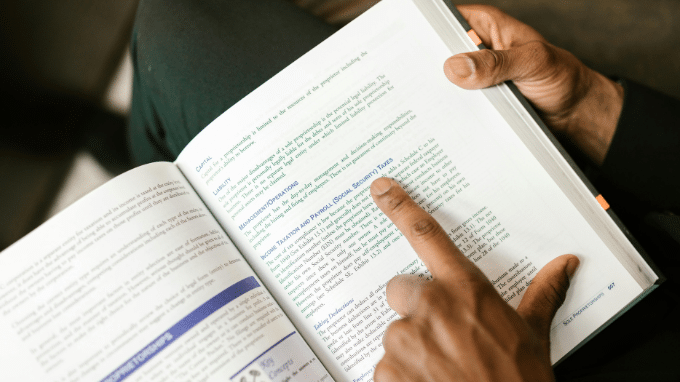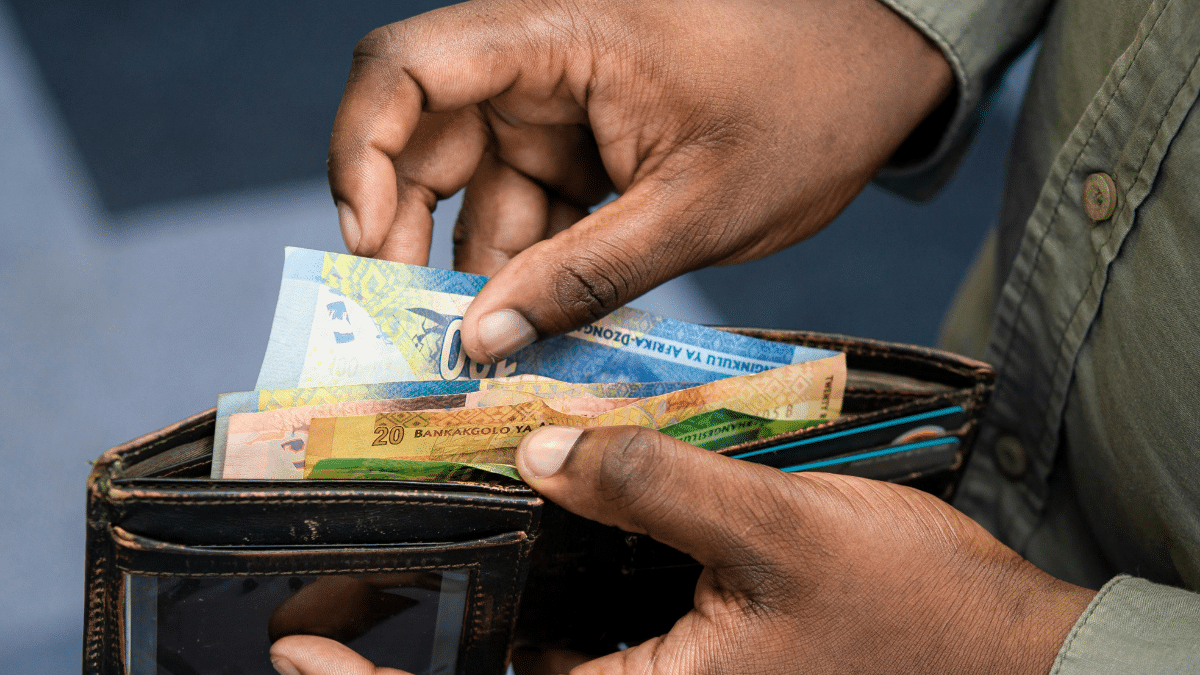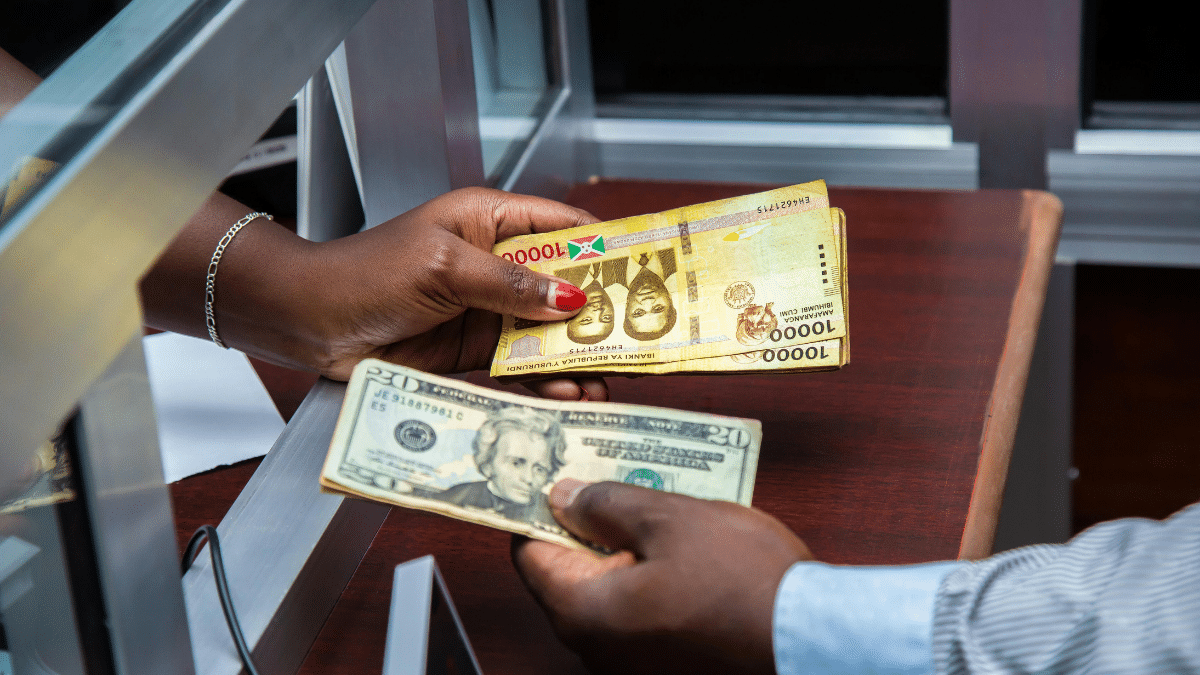5 Signs You Need to Improve Your Financial Literacy South Africa 2025

Ever feel like your money disappears before the end of the month?
You’re not alone.
Many South Africans are working harder than ever but still struggling to get ahead financially.
The reality is that it’s not always about income level.
Often, it comes down to your level of financial awareness.
And that is precisely where financial literacy South Africa finds application.
Financial literacy is not a catchphrase. These are a group of life lessons.
And if you’re missing the basics, it can hold you back—big time.
So, how do you know it’s time to boost your money knowledge?
Let’s break it down—five signs it’s time for a financial upgrade and what to do next.
What Is Financial Literacy (And Why Should You Care)?
Before we dive into the signs, let’s get clear on what financial literacy actually means.
It’s not about being an accountant.
It’s about understanding how money works—so you can make smarter decisions every day.
Financial literacy includes:
- Budgeting and saving
- Managing debt
- Understanding how interest works
- Learning investment basics
- Navigating insurance and taxes
- Planning for retirement or emergencies
In short, it’s your roadmap to financial freedom.
And without it, even a six-figure salary can leave you broke.
Sign #1: You’re Living Paycheque to Paycheque
You get paid… and the money vanishes.
No matter how much you earn, it feels like your bank account is always empty before the next payday.
This is a classic sign of poor budgeting or lack of awareness around your spending habits.
Why it matters:
According to a 2023 Old Mutual survey, 56% of South Africans say they run out of money before month-end.
That’s a national crisis.
What to do:
Track your spending for 30 days
Identify “money leaks” (daily coffees, takeaways, unnecessary subscriptions)
Use tools like 22seven or Excel to build a simple budget
Prioritise essentials and set spending limits
Money management courses can help you build a monthly plan that works—without feeling like a punishment.

Read More: Beginner’s Guide to Financial Literacy in South Africa (Free Course Inside)
Sign #2: You Don’t Know How Much You Owe
When was the last time you checked your total debt balance?
If your answer is “I’m not sure,” that’s a red flag.
Whether it’s credit cards, student loans, or store accounts, not knowing what you owe is like driving with your eyes closed.
Why it matters:
Debt in South Africa is soaring. The average consumer owes over 75% of their monthly income to debt repayments (TransUnion, 2024).
What to do:
List every loan or credit account
Include total amount, interest rate, and repayment terms
Prioritise high-interest debts using the avalanche or snowball method
Consider speaking to a debt counsellor or financial coach
Financial planning education can help you understand how to manage and reduce debt the smart way.
Sign #3: You Have No Emergency Fund
If an unexpected bill popped up today—could you cover it?
Many South Africans can’t.
In fact, a 2023 BankservAfrica report revealed that less than 25% of South Africans have any savings at all.
That’s scary. Because life happens.
Jobs get lost. Cars break down. Medical bills show up out of nowhere.
Why it matters:
Without an emergency fund, you’re one crisis away from financial disaster—or more debt.
What to do:
Start small: aim for R500 to R1,000
Open a separate savings account (preferably with no card access)
Set up an automatic monthly deposit—even R100 helps
Build up to 1–3 months of living expenses over time
Savings = stability.
And stability brings peace of mind.
Sign #4: You Avoid Talking or Thinking About Money
Does money make you feel anxious, overwhelmed, or confused?
If you tend to avoid your bank app or ignore bills until they pile up, that’s a clear sign.
Financial stress is real—and it often stems from not knowing where to start.
Why it matters:
Money avoidance leads to bigger problems down the line. From late payments to damaged credit scores and even legal issues.
According to the South African Depression and Anxiety Group, financial pressure is a major trigger for mental health challenges.
What to do:
Block out one hour a week for a “money check-in”
Start small: track one area (like groceries or transport)
Use free online tools to simplify things
Talk to a trusted friend, mentor, or coach about money
The more you face it, the easier it becomes.
And starting never comes too late.

Sign #5: You Know Nothing About Investing Fundamentally
Does the word “investing” seem threatening or perplexing?
You are not on your alone.
Many believe that only the wealthy should invest. Actually, though, the best approach to gradually increase money is to start modest.
Why it matters:
Depending just on savings is insufficient.
Your money must increase to remain valued given the rising inflation.
Only investing will help one create long-term financial stability and fight inflation.
What should you do?
Study the principles of investments. What are shares? What is compound interest?
Start with low-risk, local options like tax-free savings accounts (TFSAs) or unit trusts
Use platforms like EasyEquities or Stash to start with as little as R50
Read one personal finance article or blog every week
Investing doesn’t need to be complex.
But it does need to be intentional.
Why Financial Literacy South Africa Is the Game-Changer in 2025?
Let’s take a step back.
South Africa faces massive economic pressure:
- Youth unemployment is still above 45%
- Household debt is growing
- Retirement savings are dangerously low
But here’s the thing:
You don’t need to earn more to do better.
You just need to learn how to manage what you already have.
And in 2025, with digital learning at our fingertips, there’s no excuse.
You can take a money management course, follow financial creators on YouTube or TikTok, or join a community group focused on personal finance.
Improving your financial literacy doesn’t require perfection—just consistency.
Read More: How to Stay Focused During Online Learning?
How to Start Improving Your Financial Skills Today
You’ve identified the signs.
Now what?
Here’s a simple roadmap you can follow:
Step 1: Start tracking
Write down every cent you spend for one month. Awareness is step one.
Step 2: Choose one learning goal
Want to learn how to budget? Save? Invest? Pick one. Focus for 30 days.
Step 3: Sign up for a free course
Try SmartAboutMoney.co.za, Udemy, or a money management course from your bank or employer.
Step 4: Follow one local financial educator
Look for relatable voices who speak your language and understand your local context.
Step 5: Make one small money move
Open a savings account. Cancel one unnecessary subscription. Pay R100 extra on a debt.
It’s not about doing everything.
It’s about doing something—and building from there.

Conclusion: Financial Literacy South Africa Starts With You
Financial struggles aren’t just about how much you earn.
They’re about what you do with what you earn.
If any of the signs in this article hit home, it’s time to level up your money skills.
And the good news?
You don’t need to be a math genius.
You just need a willingness to learn—and the tools to support you.
In 2025, there’s no better investment than learning how to manage your money.
Because financial literacy South Africa isn’t just about rands and cents—it’s about freedom, confidence, and opportunity
FAQs About Financial Literacy in South Africa
-
What is the first step in becoming financially literate?
Start by tracking your spending and understanding where your money goes. Then learn basic budgeting skills.
-
Can I still improve my finances if I’m already in debt?
Absolutely. In fact, understanding your debt is the first step to getting out of it. Education helps you create a realistic repayment plan.
-
How do I learn about investing if I have no background?
Start small with local platforms like EasyEquities. Look for beginner-friendly content that teaches investment basics in simple terms.
-
Are money management courses worth it?
Yes—especially free or low-cost ones. They teach real-world skills that can help you avoid costly mistakes.
-
Why is financial planning education important for young people?
The earlier you learn how to handle money, the better your long-term financial health. Habits formed in your 20s shape your future.





